That compares with the company’s market capitalization of about $312 million, which has shrunk by almost 80 percent since the crisis began in April 2013. The auto-parts maker has estimated cash and equivalents may drop another 24 percent to 49.7 billion yen ($456 million) by the end of March 2017 if recalls continue at the current pace, according to a person familiar with the matter.
Takata Corp., the air-bag supplier behind the auto industry’s largest recall, has burned through 40 percent of its cash in two years. The outlook for its balance sheet both explains and complicates the company’s search for a financial savior.
Takata is seeking sponsors that would replenish its capital and allow the supplier to emerge as a new company, said the person, who asked not to be identified because the internal forecast and search are confidential. Takata rose as much as 6.4 percent and closed up 5.7 percent to 410 yen at the close in Tokyo. The shares are still down 20 percent since Bloomberg reported last month on the estimated cost of a comprehensive recall of Takata’s air bag inflators.
Jaeger-LeCoultre Replica Watches
Takata’s cash projection highlights the risk to its viability posed by air-bag inflators that can deploy too forcefully and explode, spraying metal and plastic shards at vehicle occupants. The defect has prompted more than a dozen auto manufactures to issue recalls involving more than 60 million air-bag inflators. A rising death toll adds urgency to securing a financial lifeline for the company, as a Takata air bag ruptured and killed a 17-year-old Honda Civic driver in Texas last month.
Support ‘Likely’
“It seems difficult for Takata to survive,” Takeshi Miyao, an analyst with Tokyo-based market researcher Carnorama, said by phone. “On the other hand, the reality is that no other suppliers are ready to take over Takata’s position, and the most likely scenario is that carmakers will support Takata after all. What’s happening now is paving the way to realize the scenario.”
A representative at Tokyo-based Takata declined to comment. The company reported 65.6 billion yen in cash and short-term investments on its balance sheet as of the end of December, down from 109.7 billion yen two years earlier.
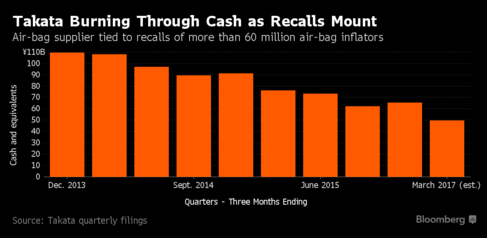
Takata’s cash projection took into account estimated costs from lawsuits and payments owed to automakers and regulators, the person said. After completing a restructuring and ensuring product quality, the company plans to pay a dividend to its financial sponsor, which it hopes to finalize by September, according to the person.
Takata has estimated a comprehensive callback of its troubled air-bag inflators would involve 287.5 million units and cost about 2.7 trillion yen, a person familiar with the matter said last month.
Honda Motor Co., a Takata shareholder and its biggest customer, has said it’s not considering providing financial aid to the air-bag maker.
The air bag that ruptured and killed a Texas teenager last month was the 10th U.S. fatality involving Takata’s faulty devices. Outside the U.S., a pregnant woman in Malaysia died in June 2014. The cause of death in a fatal accident involving a Honda Civic driver in India last year also is under investigation, Honda said in January.
The U.S. National Highway Traffic Safety Administration is investigating all Takata inflators that use the chemical propellant ammonium nitrate, which has been banned from future models. The agency is giving the company until as long as the end of 2019 to determine the root cause of the flaw or prove the inflators are safe.
Before it’s here, it’s on the Bloomberg Terminal. LEARN MORE

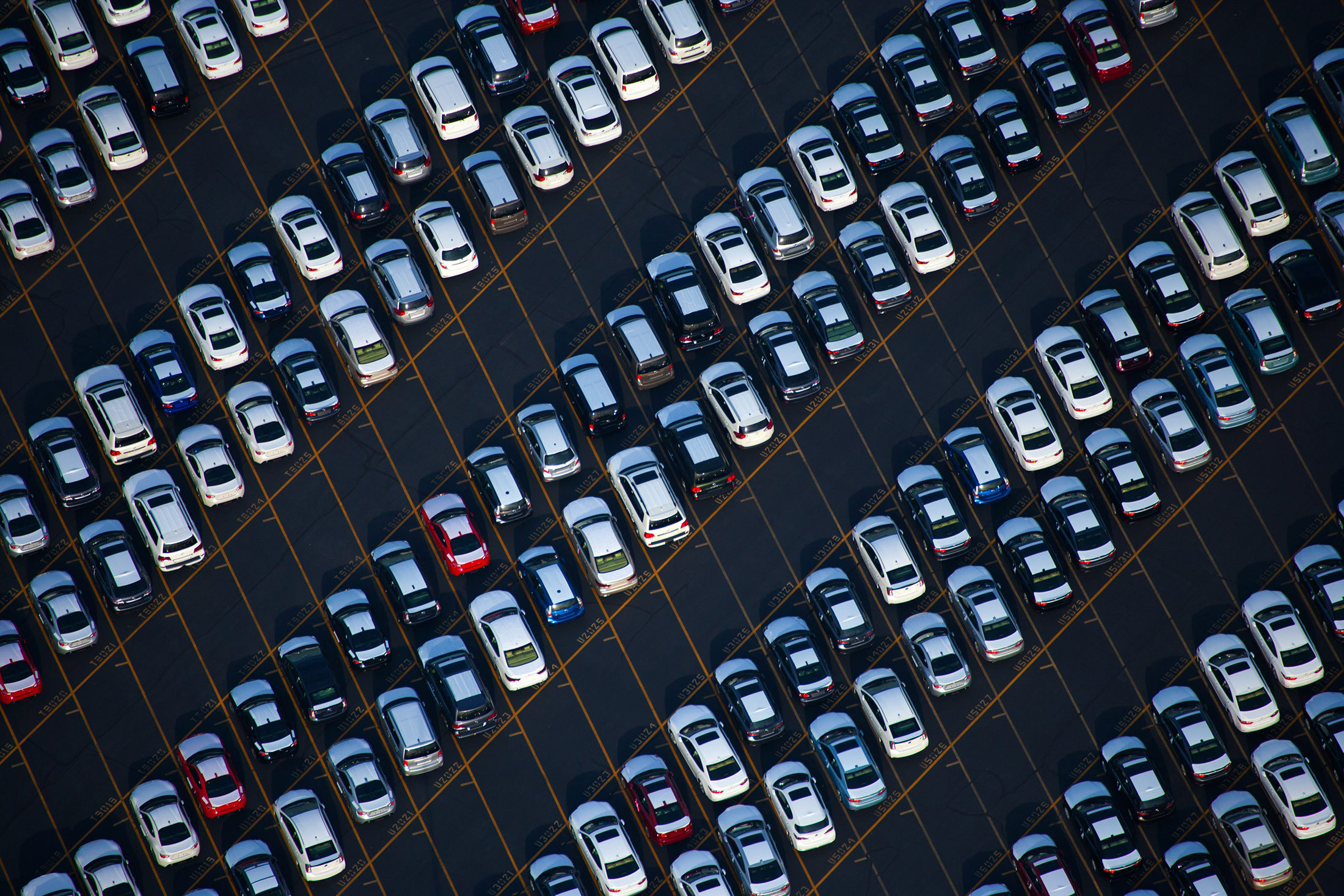
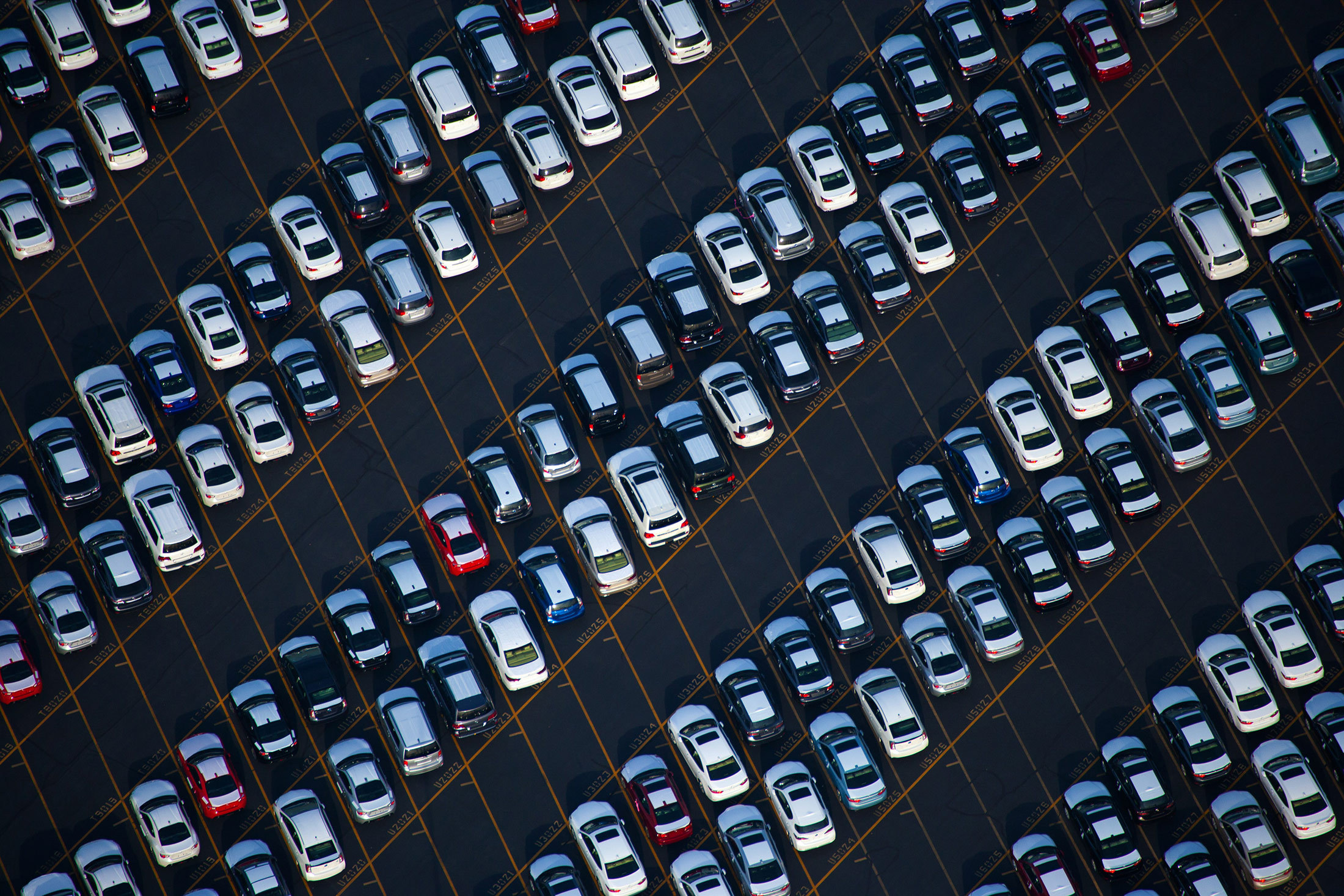
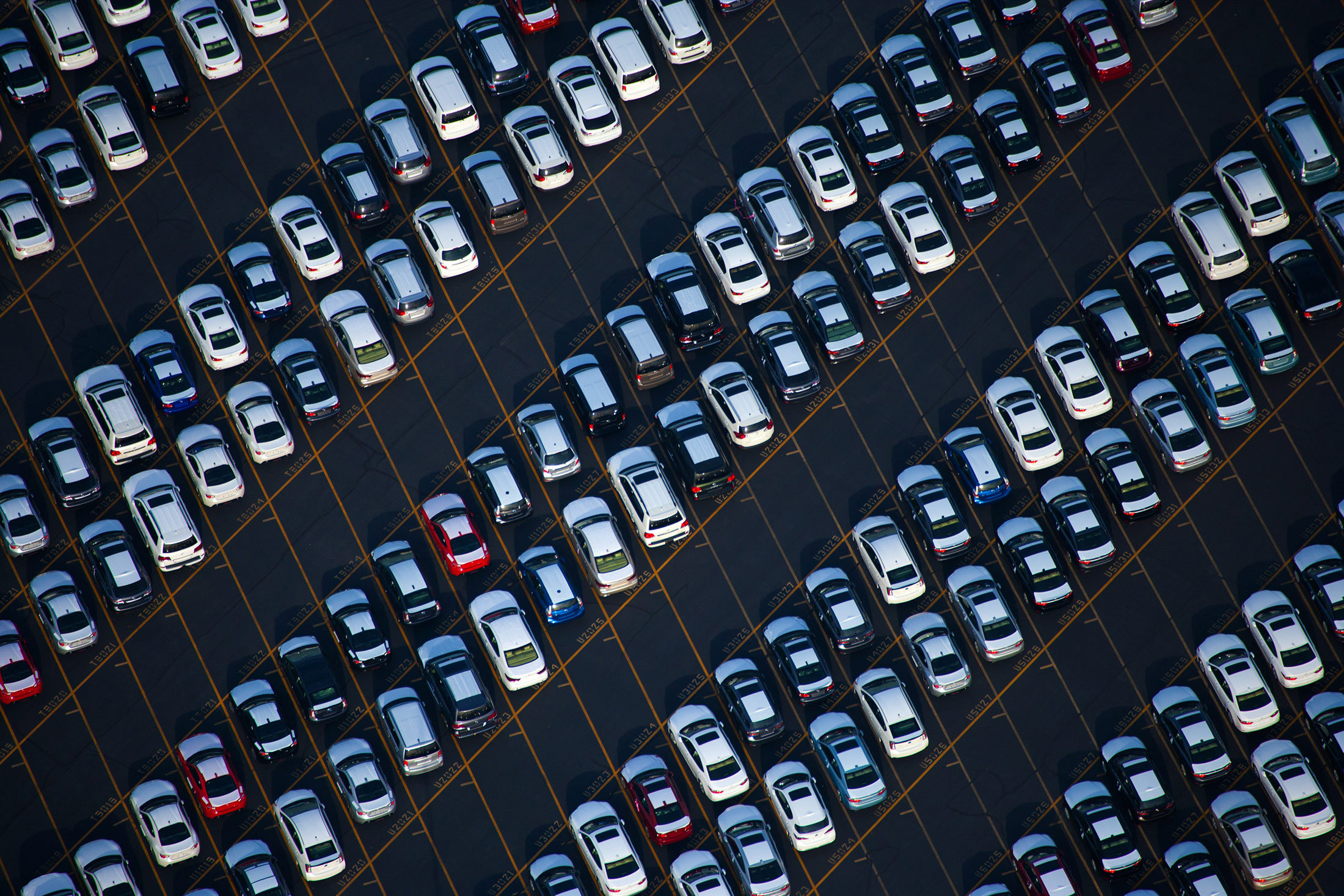
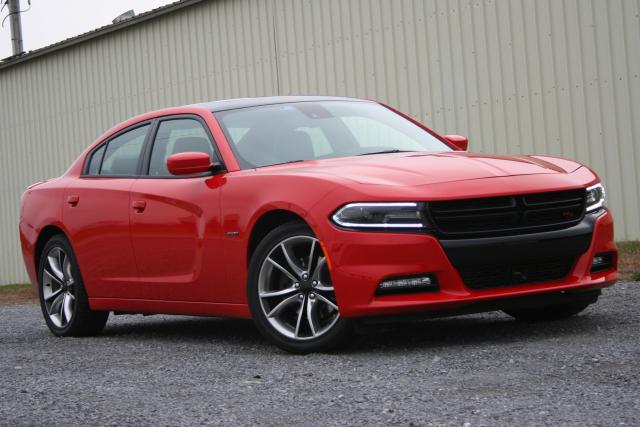
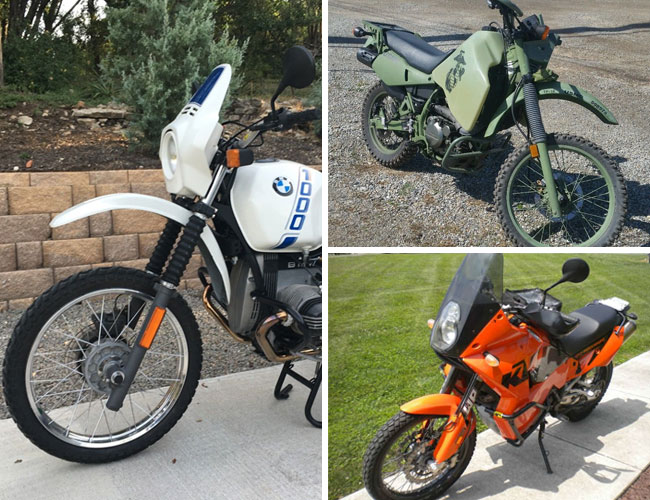
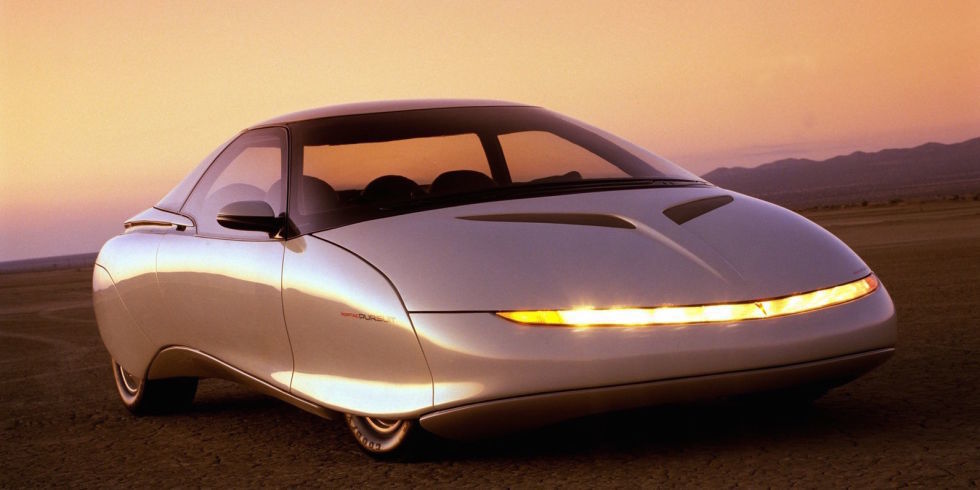
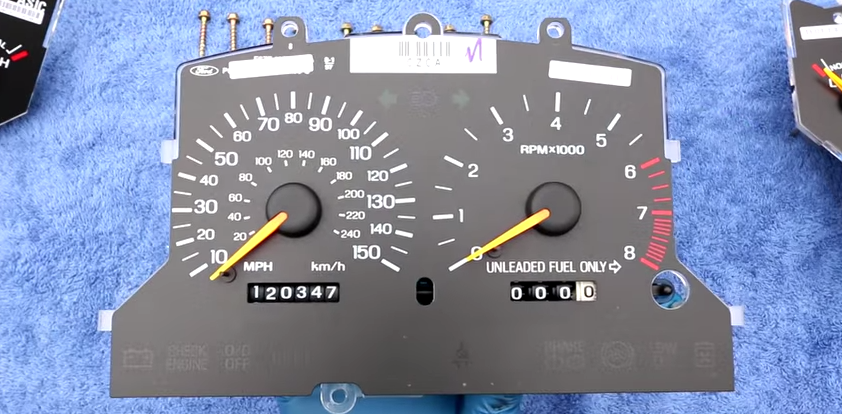
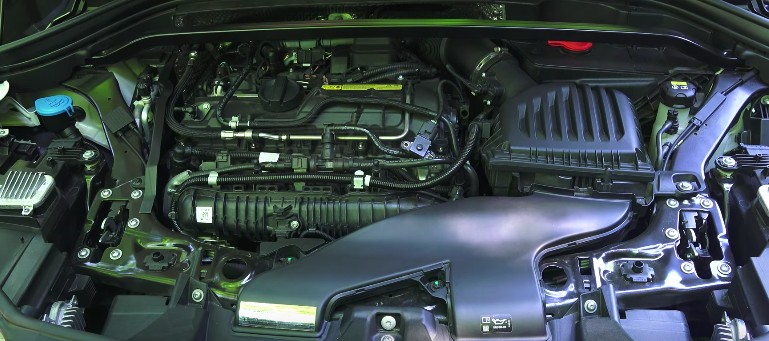
Recent Comments